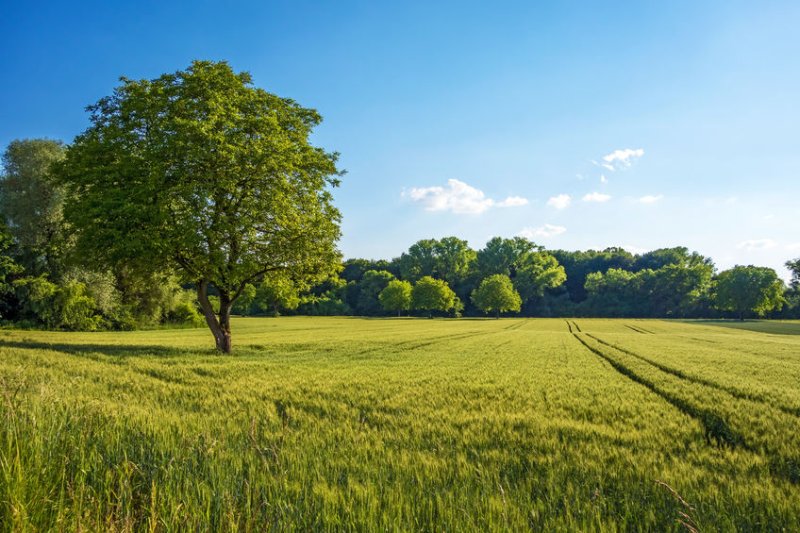
Concerns have been expressed over the implications of a widespread tree planting plan on tenant farmers who work on National Trust-owned land.
The General Director of the Trust recently revealed plans to plant 20 million trees over the next 10 years.
This will be done by planting saplings or removing livestock to allow self-seeding.
To achieve their target, the Trust is looking to spend around £90m creating 18,00ha of woodland, increasing the proportion of land that is forest from 10% to 17% by 2030.
But the Farmers’ Union of Wales’ (FUW) has expressed concerns regarding the implications for National Trusts' tenant farmers.
The group said dozens of farm tenancies are to be altered as they come up for renewal to cut sheep and cattle numbers.
Such concerns were expressed during a meeting of the union’s County Executive Officers who represent members in Wales’ twelve FUW county regions, some of which include large areas of land owned by the Trust.
FUW President Glyn Roberts said many farmers who work on National Trust-owned farms have contacted to raise concerns regarding the recent announcement.
“Our members are fully supportive of appropriate tree planting where this does not undermine farm productivity and the environment.
“Of course, given the urgent need to reduce emissions, the role played by soils and plants in sequestering carbon is rightly attracting significant attention, with a particular focus on the planting of trees.
“But we mustn’t forget that within the past century, the area of woodland in Wales increased threefold, from 5% in 1919 to around 15% in 2016, with mainly deciduous farm woodlands making up 30% of the area.”
Mr Roberts further stressed that the experience over the past century highlights the 'damage' that policies aimed at increasing woodland areas can have.
“With the Trust proposing to remove sheep and cattle from land to allow natural afforestation, it must also be remembered that the removal of agriculture has been directly associated by scientists with habitat and species loss in hundreds of examples from around the world, including the UK.”
The charity Plantlife recently warned that ‘more than half of all wild plants need regular management or disturbance to thrive; 611 (39.6%) species will decline within a decade if the land on which they grow is simply abandoned and 127 (16.4%) will decline within 1-3 years’.
Rather than focusing on agriculture, Mr Roberts said more public transport to National Trusts' sites would be a 'good place to start'.
“That is especially pertinent if we consider their annual visitor numbers top 25 million and the carbon footprint these generate,” he said.
